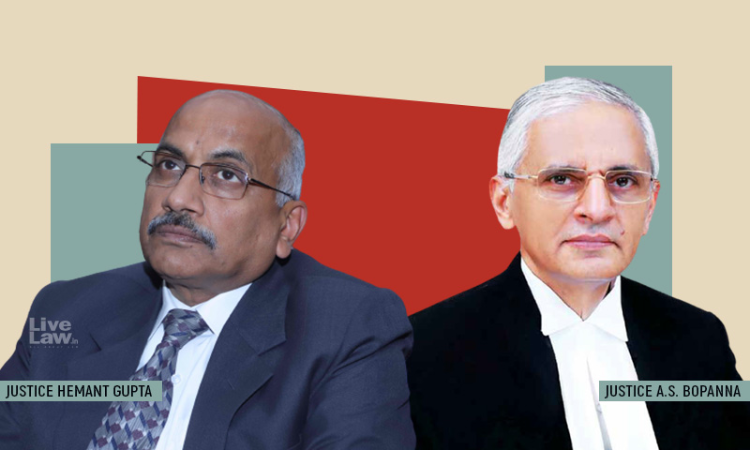Right To Shelter Does Not Mean Right To Government Accommodation: Supreme Court
LIVELAW NEWS NETWORK
12 Aug 2021 1:16 PM IST

"Compassion howsoever genuine does not give a right to a retired person from continuing to occupy a government accommodation"
Next Story


